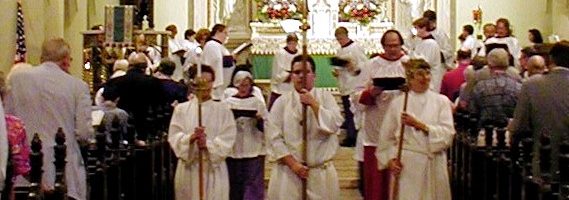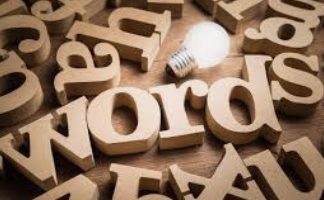By Christmas eve, I was both sleep deprived and overstimulated ... As midnight approached, I felt positively grinchy.
Read More
Python for Christmas


By Christmas eve, I was both sleep deprived and overstimulated ... As midnight approached, I felt positively grinchy.
Read More
Of mice and men...
Read More

Early childhood educators often find relief through the funny and endearing things their young charges do and say. Sometimes, you just have to laugh.
Read More

Words with Suzy
I’m not much of a gamester although both my parents played bridge, my dad played chess, and my mom played mah jongg, (See My Game Mother)
Of course as a kid I certainly played Monopoly and all the other popular board games of the day, and in fact for years there was a tiny Clue candlestick mixed in with the paperclips in my desk. But I don’t have any especially warm childhood memories of playing them. (Rather a favorite game I loved playing was the admittedly wimpy Pick-Up Sticks!)
And in later years when Trivial Pursuit was all the rage I’d play, although the thespian in me always campaigned for Charades instead.
But the one board game I’ve always played is Scrabble, in fact I’ve written about my love for the game before. (See Tales of the Scrabble Table, and Cantor Gladys)
So when everyone seemed to be playing card games and chess and mah jongg online – and especially since Covid of course – friends asked me to play with them but I always declined. And then they urged me to try Words with Friends – “It’s online Scrabble”, they would say, “and you know how much you love Scrabble!”
In fact a friend even got me the Words with Friends app, set me up, and challenged me to a game. But it was still no dice, until I was finally convinced to give it a try by another friend, a very persuasive California lawyer gal who some of you may know.
Soon I was playing regularly with 7 or 8 friends, all whom would usually slaughter me. Although I’m not very competitive and I play for the fun and not the glory, all those losses were starting to sting.
Now since I do pride myself on being a hot-shot Scrabble player, why, you may ask, was I always losing? Well, it seem Words with Friends allows you to play foreign words, proper nouns, slang, abbreviations, anagrams, and a zillion 2 and 3 letter words you never heard of – none of these allowed in a serious Scrabble game.
At first when my opponents played those obscure little words I’d stop and look them up – not that I was doubting my friends, the little checks on the screen told me the words were legit – I just thought it a great way to improve my vocabulary.
But the dinner table conversations I’d usually find myself in rarely centered on QI – the circulating life force whose existence and properties are the basis for much Chinese philosophy and medicine. And seldom over coffee or drinks with friends did I find myself discussing VIG – the exorbitant interest paid to loansharks..
So now I’ve stopped looking up words, and have given up my Scrabble mindset. Now I just move my tiles around the board until I see a little check that tells me I have an acceptable word, and I don’t give a damn what it means.
So watch out, my Words with Friends friends, now that I know the score it’s no more Mrs Nice Guy. Now I’m out for blood.
– Dana Susan Lehrman